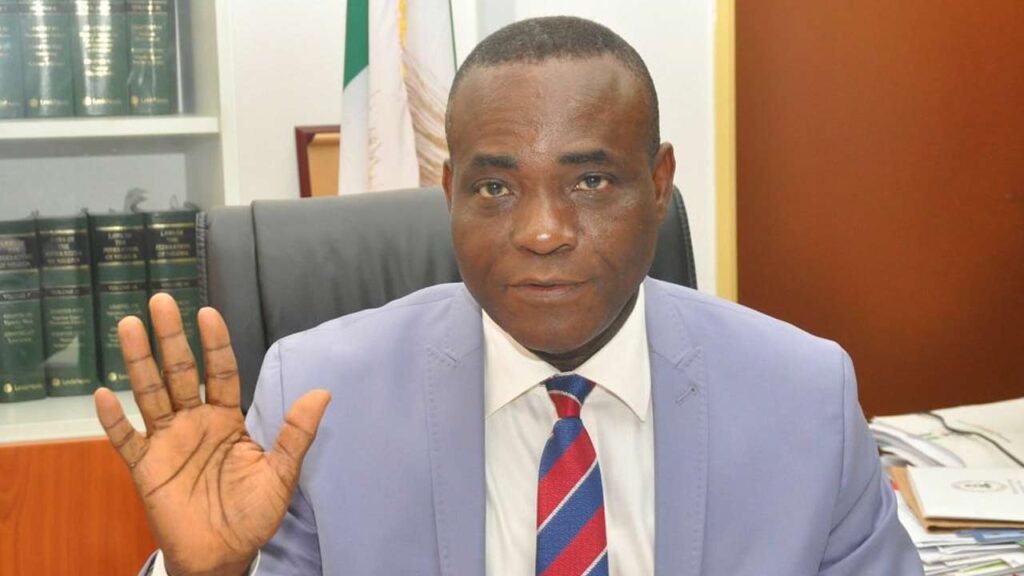Senator Ita Enang, has explained that lawmakers in the National and State Assemblies, who defected to the ruling All Progressives Congress (APC), have automatically lost their seats in the eyes of the law.
Enang, who served as a member of the House of Representatives and the Senate in the past, said whether or not the presiding officers of the Red and Green Chambers declared the seats of the defectors vacant, the defectors lost their seats, according to the provisions of the law, merely occupied the legislative seats illegally.
The politician, as well as being a practicing lawyer and member of the ruling party, made these assertions yesterday while fielding questions from journalists in Abuja on some critical national issues.
On the allegation that the ruling APC was desperately plotting to convert Nigeria to a one party state, Enang argued that it was rather the defecting politicians that were trying to turn Nigeria to one party state, and not the ruling party.
He said: “Defecting politicians and not the ruling All Progressives Party (APC) are the ones turning Nigeria into a one party state. “Nigeria is not becoming a one-party state by any machination of the APC or the Tinubu administration.
It is happening because other political parties have failed to survive as true institutions. “Most of them exist for a week or two in the news and disappear.
Some collapse under internal disputes; others are bought up or enjoined by court orders. “So, what party do you expect people to belong to? Naturally, they gravitate toward the one that is functional.
“My only concern is the status of members of the National Assembly and state assemblies who defect without declared divisions in their parties.
“The Constitution is clear: if there is no court-declared division, and you leave your party, you lose your seat — whether it is formally declared vacant or not. “The Supreme Court has affirmed that such defectors must even refund all salaries and allowances collected after defection”.
Speaking on the Federal Government’s funding of the 2024 budget with revenue generated in the 2025 fiscal year, he argued that affected projects ought to have been rolled into the 2025 budgetary provisions. He, however, stated that the borrowing plans of the Federal Government were in order, particularly those meant for funding the budget deficit.















